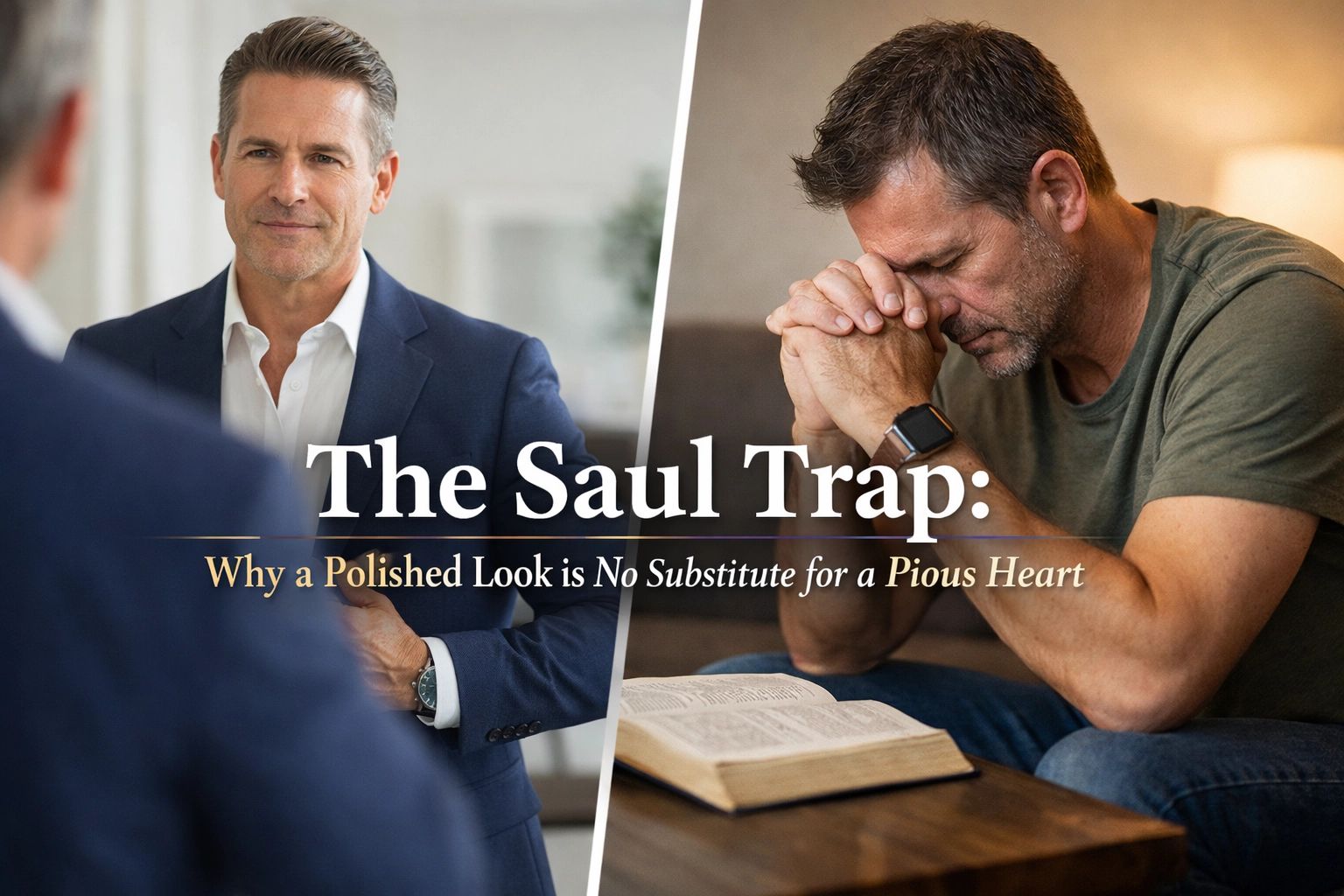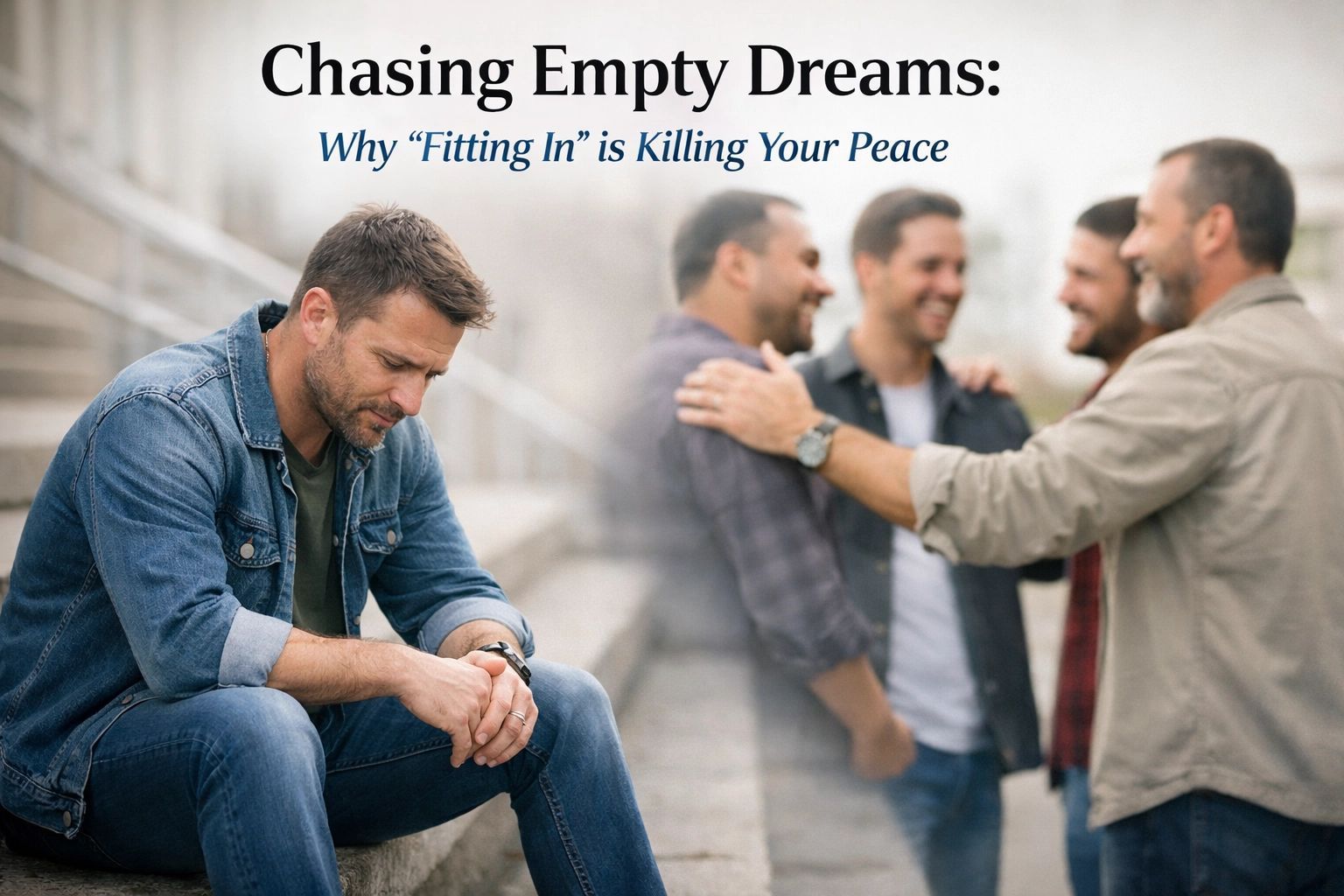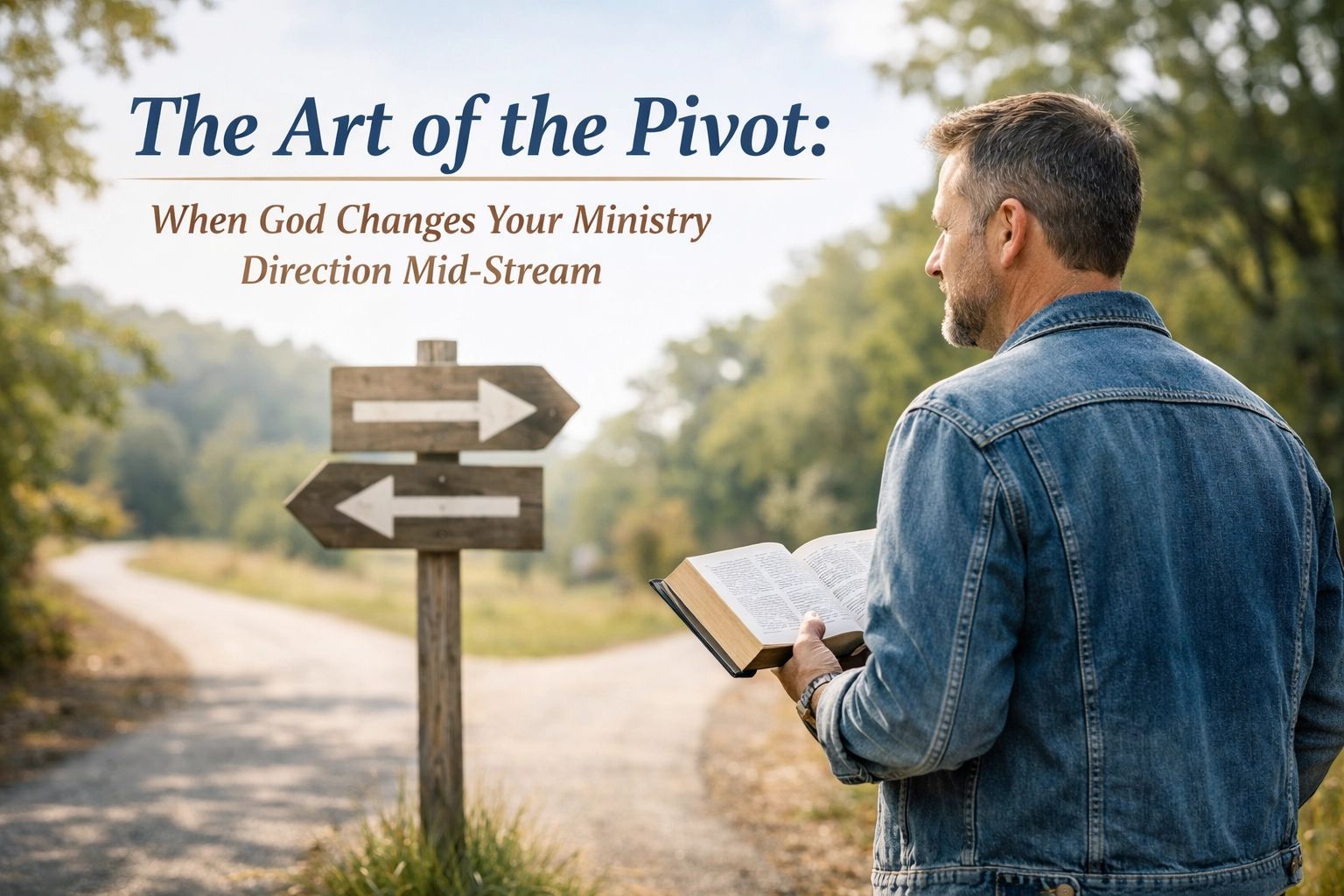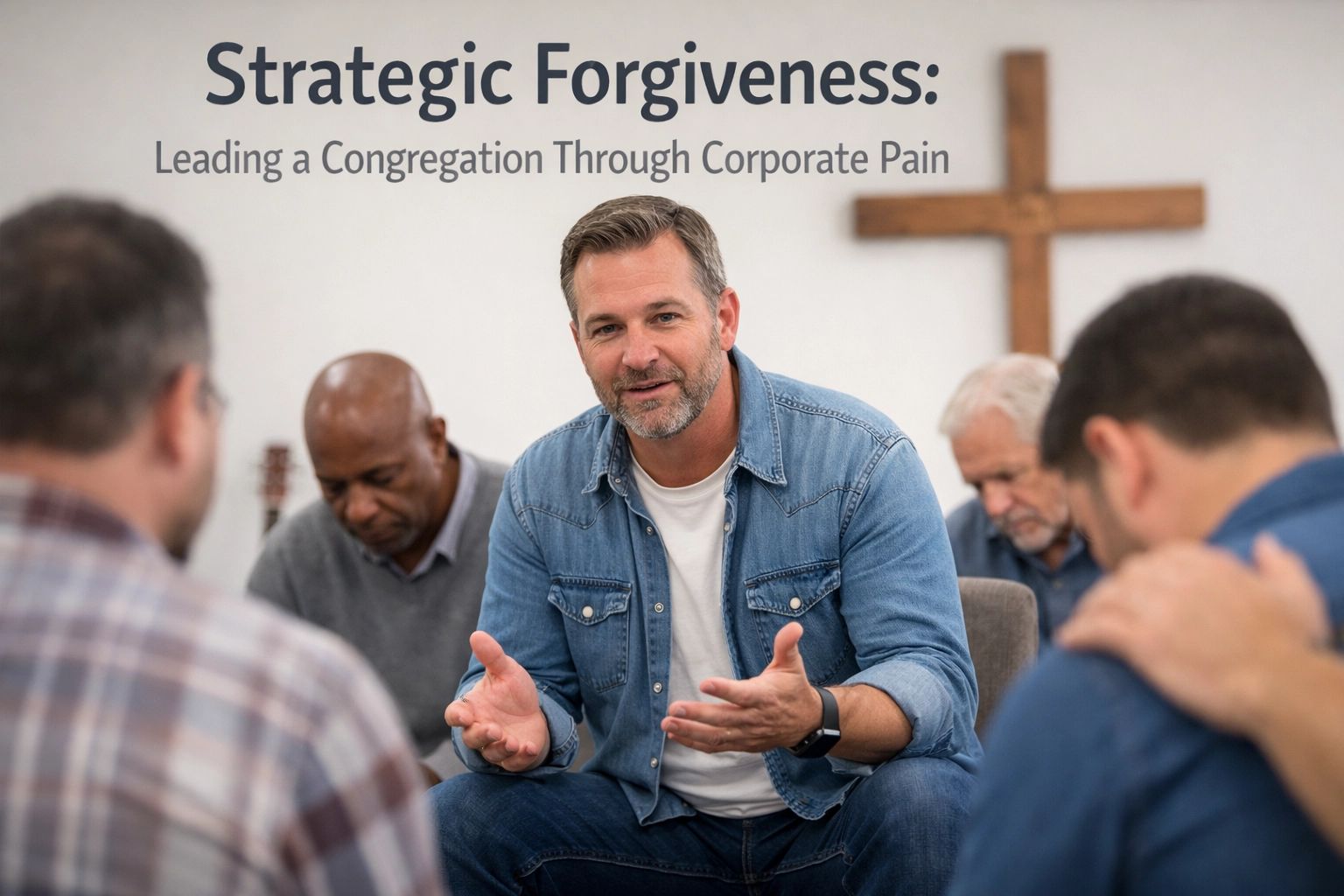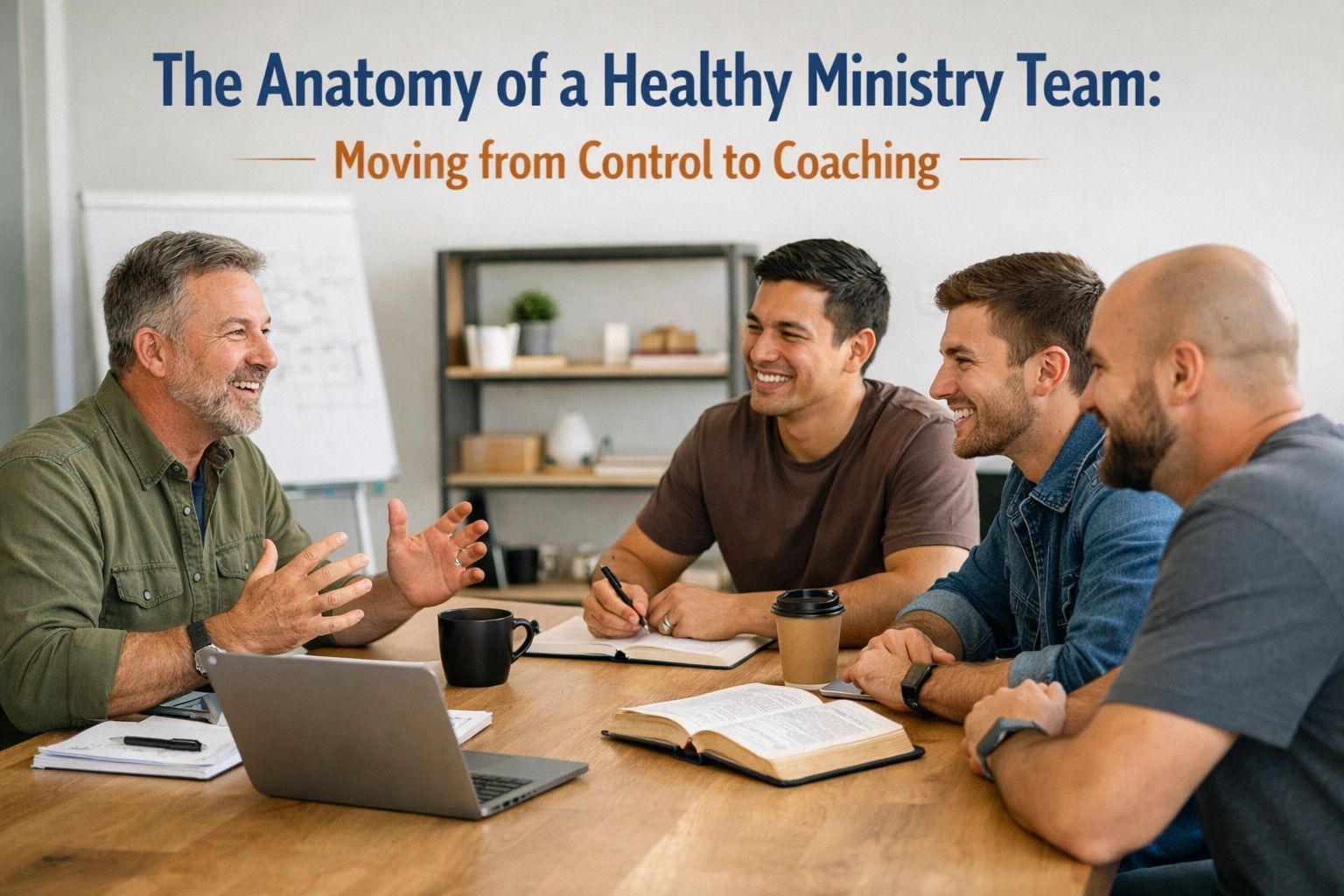Getting our first vehicle in Peru
be flexible or, even better, be fluid. Learn to go with the flow
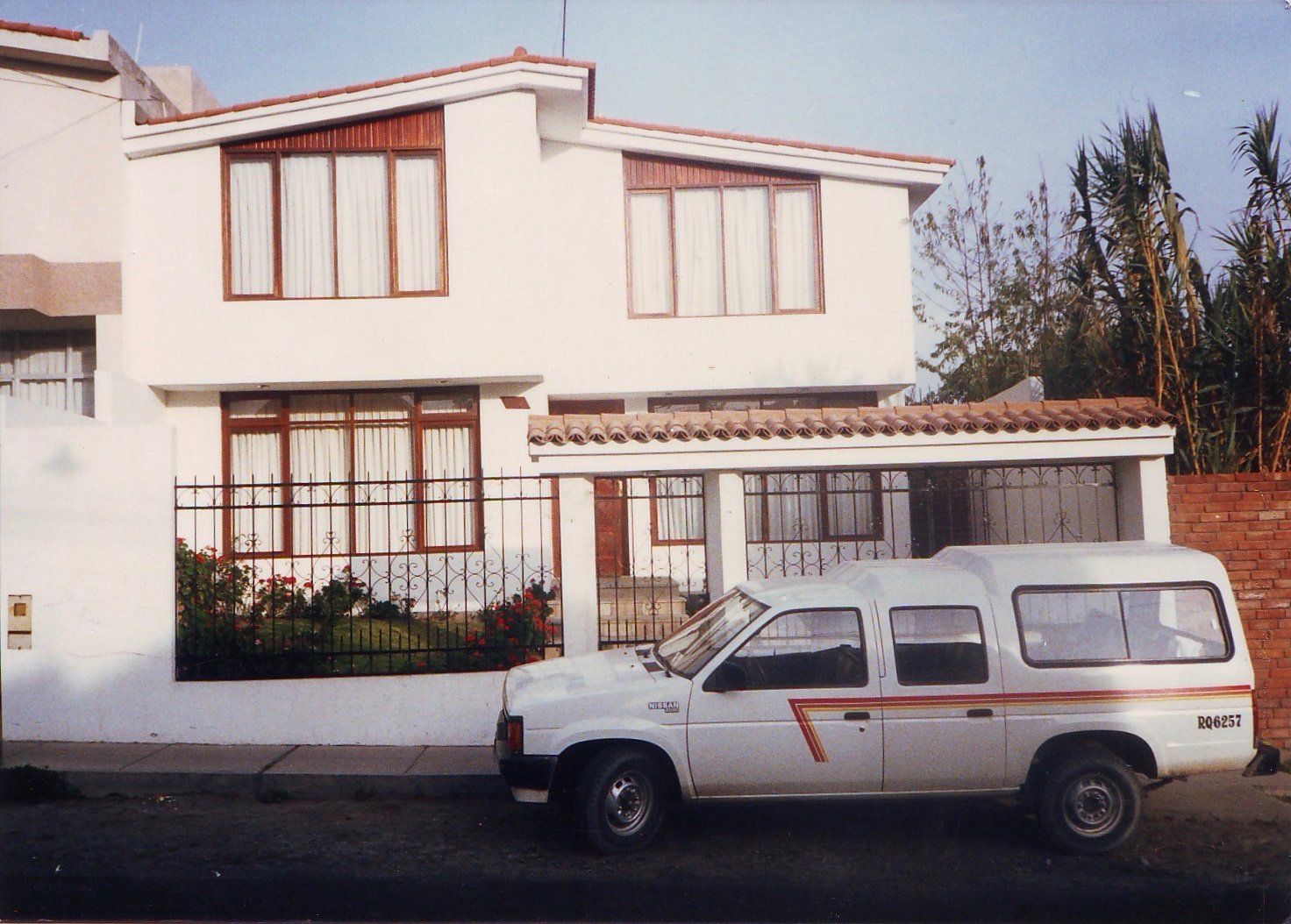
We arrived in Lima, Peru, on January 30, 1988. Remember I put my foot down and told Betty we would leave right after Christmas? We kept up the discussion, and of course, we compromised. I finally said I am leaving in January, and so we did, barely. I think you can see that I have always ruled the roost in our house.
I had no idea what I was doing. It was my third or fourth international trip. We were carrying lots of bags, about 47 counting our carry-ons. I needed a mentor, which has been the story of my life, but I didn't have one.
Fearing that the bags would get lost and because we had to go to Miami and then on to Lima, I asked what would happen to that many bags. They said they hoped all would arrive with us. I do not know who advised me or how I concluded, but I booked us from Atlanta to Miami on two flights.
We went through South Carolina to get to Miami. We spent the entire day on airplanes and finally arrived in Miami.
David, two years old, was so excited that we were getting on an airplane, but since we boarded and deboarded each flight through the gooseneck, he didn't realize he had been on a plane till we got to Lima and walked down the steps to the tarmac.
We stayed with the sweetest missionaries in Lima then, Tom and Carolyn Pace. Tom picked us up at the airport and transported us to his house. We stayed there for a few days, and he got us a guest house.
Honestly, I was not excited about moving from their house and staying on our own. In Tom's house, we were secure. He knew everything about Peru. His Spanish was perfect. I didn't have to fear anything. In Tom's house, we could enjoy Peru without the stress of dealing with language or culture.
We moved into the guest house in Salamanca. It was a wonderful place, except we were on our own. We had to go shopping, get transportation, and remember how to get back to our guesthouse long before the days of cell phones or GPS that would have been so beneficial.
While we were in the guest house, David, age two, pulled over a stack of folding chairs and broke his arm. That was the beginning of sorrows because he would go on to break probably 12 or 13 bones over the next twenty years.
It was hot and humid. There was no air conditioning. A missionary lived only 3 or 4 doors from the guest house. He was a real man of God, no doubt. God used him significantly in Peru and especially in Lima.
He and his wife had us over for lunch. They told us not to unpack but to get back on the plane and leave the country. There was great political and social unrest in the country. Things were about to get worse, and we were making a mistake just being in the country.
I asked Tom and he said just get along with him. He is a great guy, but he can get pretty sensational. I would later ask Don Bond, who became my mentor, and he told me that he had lasted through dictatorships, military coups, revolution, and everything. He told me to stay for the long haul like he was doing.
We were only in the guest house for a week or so. A lady helped us with our paperwork, and I left for Arequipa to find us a home. Before I left for Arequipa, a man in a church in La Molina told Tom that he would sell me his very old Toyota Land Cruiser. It was very used, but there were no new cars and very few used cars available in the country at the time.
We paid him $8,000, and got us a car. I was so excited. Now we would have a little freedom. That night I got out the map and told Betty that we were going to the coast to see the Pacific Ocean. It was late at night. Traffic had died down.
Betty was scared. Betty said: You do not know how to drive here. You do not know where you are going. How do you know that you will be able to find our apartment when we get back?
I was so excited about the adventure that I overrode all objections. We climbed in our new-to-us, very old, used Toyota Land Cruiser. We drove to the ocean. If I told you the truth, I was pretty nervous. I knew Betty was right about everything she said, but I had to prove we could do it.
We weren't exactly sure about the vehicle, but since there were none available and Tom told us it was a good deal, we took the Land Cruiser. The very next day, Tom called to say that the man wanted to give me the money back and to return his Land Cruiser. So we owned a Toyota Land Cruiser for like 30 hours one time.
I was disappointed, but we figured that God must be protecting us from something, and so we accepted. Now we were without a vehicle again.
It would be months before we got our first vehicle. At that time, there were two car dealerships in the city of Arequipa, and neither had any cars or trucks for sale. It was buy used or don't buy.
I would buy a Honda 185 motorcycle, if you can call it that. I wanted a bigger one because I am a big guy. Most everyone owned Honda 125s. I bought it used. No matter how I fought with the seller, I never got the cycle legally listed in my name.
I was never a good motorcycle rider. Let me think; I laid it down in the street several times, ran into a tree, ran into a person on a crowded street, and laid it down with Chris behind me. After much prayer, we decided that I was not made for motorcycles. I was always too distracted, wanting to see too much and needing to be more careful. To top all of that off, my head was so much bigger than Peruvian heads that the enormous motorcycle helmet I could find hurt all the time I was wearing it.
We were watching the TV news one evening and learned that the Peruvian money, the Inti, had lost half its value in one day. I told Betty that if I were ever going to buy a vehicle, it would be now, under those circumstances. The next day I went to the Toyota dealership. I wanted to buy a double cab pickup. The dealer gave me the price in dollars of like $35,000 for a used Toyota 4x4 double cab truck.
I said it is illegal for you to sell in dollars. The dealership said at the moment I handed him the Intis or Peruvian money, we would convert the money, so he got what he wanted. We could never pay that. It had to be cash, and this was in 1988.
One other dealership in town sold Nissans, so I headed there to talk to them, hoping for a better outcome.
They told me that they had no stock at all. They did, however, know a guy that had just brought a double cab Nissan to Arequipa. He wanted to sell it.
I arrived at his house with several hundred dollars in Peruvian money. The guy was asleep when I knocked on his door after 10 am. I asked if he wanted to sell. He did. He offered me the truck in Intis, Peruvian currency, without ever mentioning dollars, and it turned out to only be about $12,000 US.
I paid the earnest money, and we signed the promissory note to pay the total amount later that day at the bank. We met at the bank, and I paid him in full. The contract was signed and notarized. In Peru, a notary is more powerful than a lawyer. So the documents had legal status. He promised to get the truck in my name the next day.
He was angry when I went by to get the owner's manual and get him to sign documents to put the truck in my name. He said you only paid for half of that vehicle. I told him I had paid precisely what he asked, and we signed legal documents. He told me he didn't realize that the Peruvian Inti money had lost half its value.
I had hoped I could buy on the devalued money, and it worked out. The seller had partied late into the night the day before and was sleeping it off the next day. That is how we got our first vehicle. We drove that truck for 17 years.
As always, here are a few thoughts that might help you as we think about this little story.
Lesson One
Take care of your family. Betty had a hard time leaving her family, the USA, and all she had ever known. My love for her was the most decisive influence in my life after my love for the Lord Jesus. I couldn't just walk over her. I couldn't make her do things, yet I was certain about what God had called us to do.
I have always tried to please Betty in every way that I can. I do not want to be the domineering husband in any way. I have always wanted Betty to be happy and thankful she married me.
Every husband should "man up" (get brave) and lead, but he should do so with the utmost tenderness towards his wife and family. Be the man. Make the decisions but do not ride roughshod over your wife. Some "men of God" destroy their families and the love that should be there.
I do not feel bad about slowly and tenderly leading Betty into missionary work. She did adapt. She did love the mission field. She was the greatest missionary wife possible.
I must say that our children were all the same. They loved Peru. They loved God. They loved each other. God gave us the most wonderful family possible.
Lesson Two
We all need a mentor. There is so much in becoming a missionary that means stepping out into the unknown. I didn't know about flying, luggage, customs, culture, or even language. I had yet to find anyone to help me with any ideas or what to do.
I challenge all young missionaries to find someone who will love them and take an interest in them. Ask questions. Learn from them.
I challenge all that have already gone before to help the new young people. They need you. Love them. Accept them. Young people today are more receptive to your help.
Lesson Three
I challenge veteran missionaries to be as kind and helpful as the Pace family and others in Arequipa were to us. I know we would never have been able to enjoy all that happened so much if it had not been for the kindness of veteran missionaries.
What I learned and would challenge all young missionaries to do is to meet the expenses and costs you bring on your hosts. The Paces picked us up, transported, housed, and fed us; I didn't give them any money.
That was rude and thoughtless of me. I didn't know better and needed a mentor to tell me what I just told you. Tom drove over an hour to the airport each way. We burdened their family. A thank you card and a candle are just not enough to give to the missionary host.
Lesson Four
Every missionary must be flexible or, even better, be fluid. Learn to go with the flow. We got a vehicle, lost a vehicle, never got the paperwork in our name, etc.
Time and relationships in many countries work differently than in the USA. You must learn to deal with it and maintain a good attitude.
In Peru, if a wedding was scheduled for 6 pm, it might not start till 8 pm. Everyone knew that but the new missionary. I had to learn to be flexible or fluid.
Lesson Five
Buying vehicles, changing money, and getting contracts can all differ. You might be better served if you have a veteran missionary who will help you initially. You need to know the language.
Counterfeit money, getting cheated by the money changer, can cause incredible frustration, but you can learn and live happily if you work at it.
Being a missionary has been the most incredible experience in my life. I loved it. That doesn't mean it wasn't without significant challenges, but I remind you we were called to take up the cross and follow Jesus. We go forth to die. It is all worth it.


